Moving, whether it’s across town or the country, involves many details, decisions, and costs. Understanding the financial implications of residential moving vs. commercial moving is crucial for anyone looking to relocate. This article delves into both nuances, offering insights into the distinct cost factors that define these two types of moves. Whether you’re considering residential moving services for your family home or commercial moving for your business, this guide aims to equip you with the knowledge to plan efficiently.
Introduction to Moving Costs
Regarding moving, the costs can vary significantly depending on whether you’re relocating a household or a business. Residential moving typically involves personal belongings and furniture, requiring care and packing to ensure items arrive safely. On the other hand, commercial moving might include office equipment, important documents, and even machinery, necessitating specialized handling and coordination to minimize downtime and ensure continuity of operations.
Understanding Residential Moving Costs
Overview of Residential Moving
Residential Moving encompasses relocating household items from one place to another. It can range from moving within the same city, known as local moving, to out-of-state moving , which requires crossing state lines. Services often include packing Services, loading, transportation, unloading, and unpacking, with costs varying based on the volume and nature of items, distance, and additional services.
Key Cost Factors in Residential Moving
- Packing and Materials : Essential for protecting your belongings, from simple boxes to bubble wrap. Opting for professional packing services can increase costs, but ensure your items are securely packed.
- Labor Costs : The complexity of your move, including the need for small job movers or specialized movers, can affect the overall price.
- Moving Distance and Location : Relocating to or from areas with higher living costs, such as Virginia movers , Maryland Movers , or Washington DC Movers , might influence the moving costs due to regional price variations.
- Size and Weight of the Move : Larger homes with more items will incur higher costs. Local Silver Spring Movers or Bethesda Movers can offer customized quotes based on the size of your move.
- Additional Services : Services like disassembling and reassembling furniture or appliance hookups are usually extra.
Tips for Reducing Residential Moving Costs
Planning and budgeting are your best tools for managing moving expenses. Comparing quotes from various Columbia Movers or Germantown Movers can help you find the best deal. Consider decluttering before the move to reduce the volume of items and lower the cost.
Understanding Commercial Moving Costs
Overview of Commercial Moving
Commercial Moving requires a different set of considerations compared to residential moves. It involves relocating businesses, offices, or commercial spaces, prioritizing minimizing operational downtime and ensuring office equipment and documents are safely transported.
Key Cost Factors in Commercial Moving
- Complexity of the Move : Office relocations might need IT support for moving and setting up computer networks and equipment, impacting the cost.
- Office Equipment and Sensitive Materials : Professional movers with expertise in handling office equipment are necessary, which might increase the moving budget.
- Business Downtime : Planning the move to minimize disruption can involve after-hours or weekend moving, possibly affecting the cost.
- Insurance and Liability Considerations : Ensuring adequate coverage for expensive office equipment and documents is crucial and can add to the moving expenses.
- Special Services : Services such as office furniture installation or electronics setup are typically billed additionally.
Tips for Reducing Commercial Moving Costs
Effective planning and early coordination with a moving company are key to a successful and cost-effective commercial move. Detailed inventory management and decluttering office spaces before the move can reduce moving times and costs.
Comparative Analysis and Decision-Making Residential Moving vs. Commercial Moving
When comparing residential Moving vs. commercial moving, it’s clear that each has unique challenges and cost factors. Residential moves often prioritize safely transporting personal belongings and valuables, while commercial moves prioritize minimizing operational downtime and handling specialized equipment. The decision on which moving service to choose—residential or commercial—depends mainly on the nature of the move.
Factors to Consider
- Volume and Nature of Items : Residential moves might involve personal items with sentimental value, requiring careful packing and handling. Commercial moves, however, deal with office equipment, machinery, and potentially large quantities of furniture and files.
- Timing and Flexibility : For families, moving dates might be more flexible and aimed at convenience. Businesses, especially those reliant on daily operations, need precise timing to avoid significant disruptions.
- Specialized Services : Commercial moves often require additional services like IT setup and support, while residential moves might need storage solutions or delicate item handling.
Deciding whether to hire a full-service moving company for your move involves weighing these factors against the benefits such as efficiency, convenience, and peace of mind. Ultimately, the choice should align with your priorities, whether the safety of your belongings or the continuity of your business operations.
What are the Benefits of Hiring a Full-Service Moving Company
Choosing a full-service moving company, whether for residential Moving Services vs. Commercial Moving offers numerous advantages that can significantly ease the stress and complexity of moving.
Comprehensive Packing and Unpacking Services
One of the primary benefits of full-service movers is their ability to handle all packing and unpacking tasks. These professionals are skilled in safely packing belongings, from fragile items to large furniture, ensuring they’re protected during transit. This is particularly valuable for out-of-state moving or when dealing with sensitive office equipment for commercial moving.
Efficient and Safe Moving of Heavy Items
Full-service movers are equipped to move heavy and oversized items with ease. Whether it’s a family heirloom for a residential moving project or large office desks and equipment for commercial moving, these professionals have the tools and expertise to do the job safely and efficiently.
Storage Solutions
Many full-service moving companies offer short-term or long-term storage options. This is especially beneficial for those in transition, such as waiting for a new home to be ready or a commercial space undergoing renovations.
All-Inclusive Transportation
With a full-service moving company, transportation of your belongings is taken care of. This includes providing the truck, gas, and other logistics necessary for local moves with Virginia movers or Maryland movers and long-distance relocations involving Washington DC movers or out-of-state moving.
Time and Energy Savings
The most significant benefit is the time and energy saved. By delegating the packing, moving, and unpacking tasks to professionals, individuals and businesses can focus on other essential aspects of their move or operation, minimizing company downtime and reducing personal stress.
How to Hire a Full-Service Moving Company
Hiring a reputable full-service moving company requires due diligence and careful planning. Here’s how to ensure you select the right provider for your residential moving or commercial moving needs.
Conduct Thorough Research
Start by researching local and national moving companies that offer full services. Look for reviews and testimonials from past customers. Platforms like the Better Business Bureau and the American Moving & Storage Association can provide valuable insights into a company’s reliability and service quality.
Get Multiple Quotes
Contact several companies to get detailed quotes. Ensure these estimates include all potential costs to avoid surprises. Prices can vary significantly for those moving to or from areas like Silver Spring, Bethesda, Columbia, Germantown, or beyond, so getting multiple quotes is crucial.
Verify Credentials
Check the moving company’s credentials. For interstate moves, the company should have a USDOT number issued by the Federal Motor Carrier Safety Administration. Local movers should have state licenses and insurance.
Assess the Level of Service
Ensure the services offered match your needs. Discuss specifics such as packing, unpacking, storage, and special handling of items like artwork or IT equipment for commercial moving.
Understand the Insurance and Liability Options
Inquire about insurance coverage and liability protection. Understanding your options can provide peace of mind, knowing your belongings are covered in case of damage or loss during the move.
Read the Contract Carefully
Before signing anything, thoroughly review the contract and all agreements. Ensure you understand the services provided, costs, insurance coverage, and the company’s policies on delays and damage claims.
FAQs
What are the hidden costs of moving?
Hidden costs can include packing materials, insurance, and unexpected fees for heavy items or accessing difficult locations. Always ask for a comprehensive quote.
How much should I budget for a local vs. long-distance move?
Local moves are generally charged by the hour, while long-distance moves are based on weight and distance. Budgeting several thousand dollars for long-distance moves is wise, depending on the size of your move and the additional services required.
Can moving costs be deducted from taxes?
As of the latest tax laws, moving expenses are no longer deductible for most taxpayers. However, members of the Armed Forces on active duty moving due to military orders may still qualify for deductions.
In summary, the moving journey, whether for residential or commercial purposes, unfolds across a spectrum of considerations, each with its own set of costs and challenges. Understanding these factors is crucial for anyone looking to navigate the complexities of relocating quickly and efficiently.
Effective planning, informed decision-making, and selecting the right moving partner are the cornerstones of a successful move. By approaching your move with these principles in mind, you can ensure a smoother transition, whether moving across town or the country, safeguarding personal belongings and business assets.
The post Cost Factors: Residential Moving vs. Commercial Moving appeared first on Treasure Moving.

